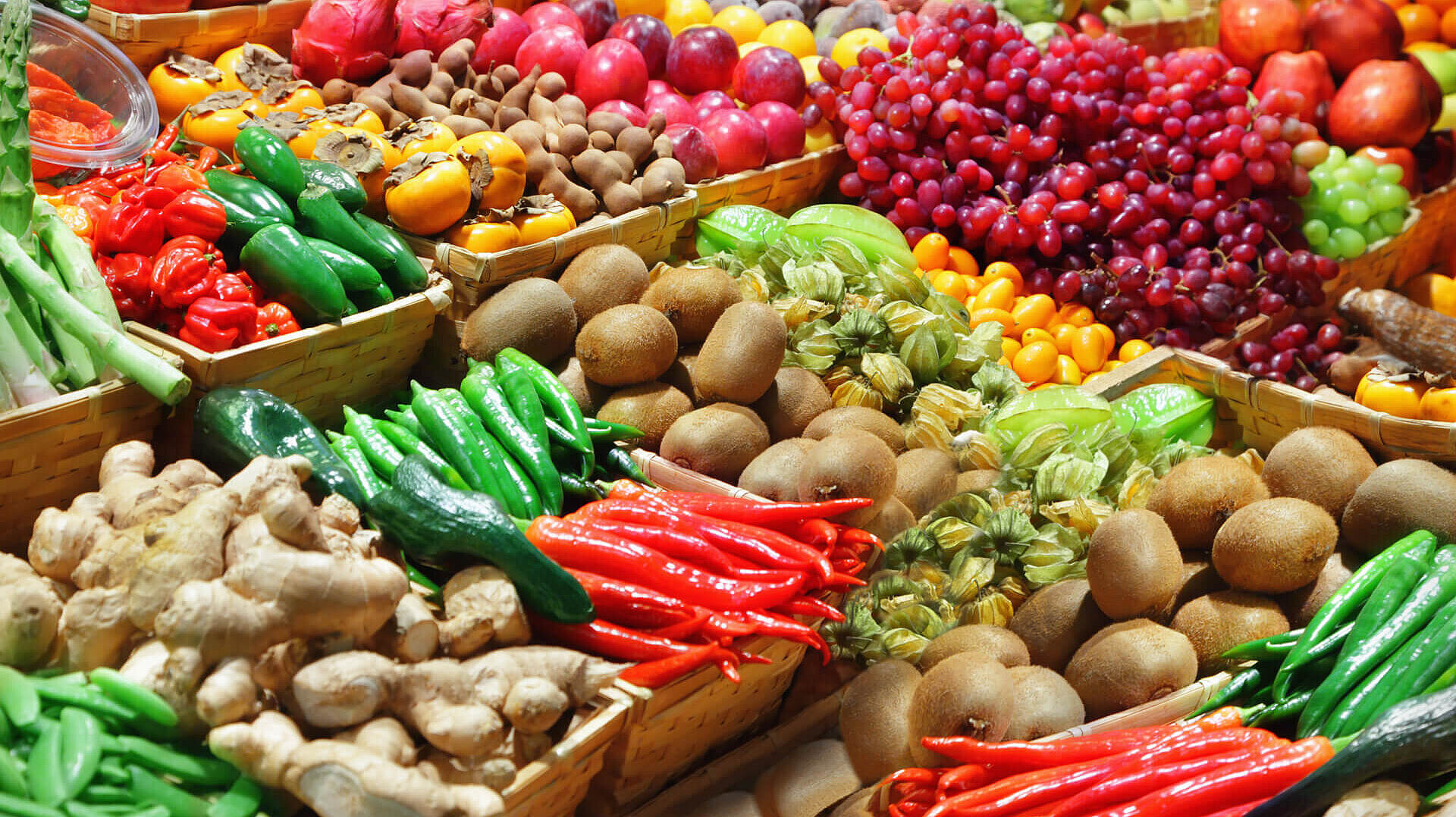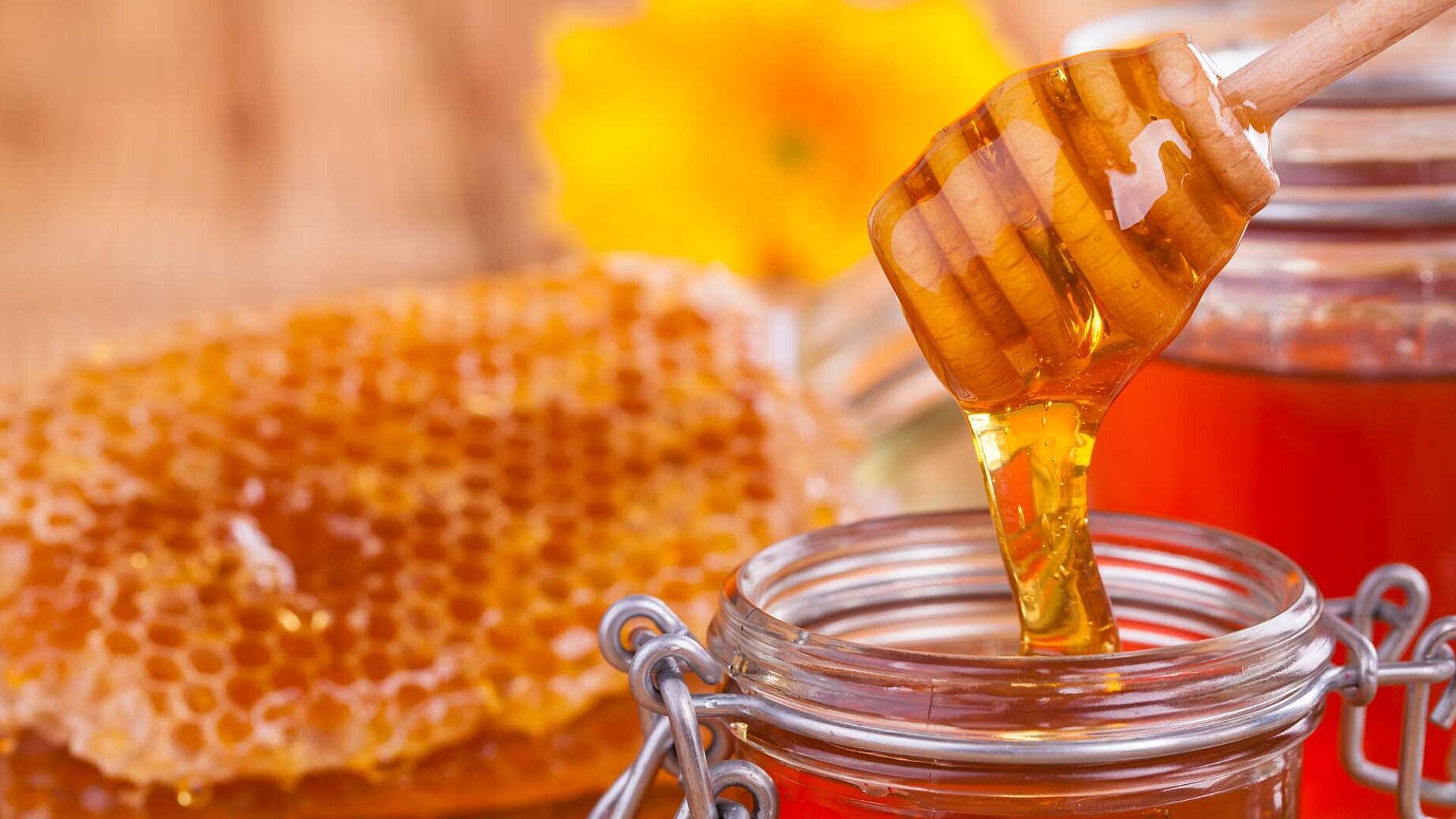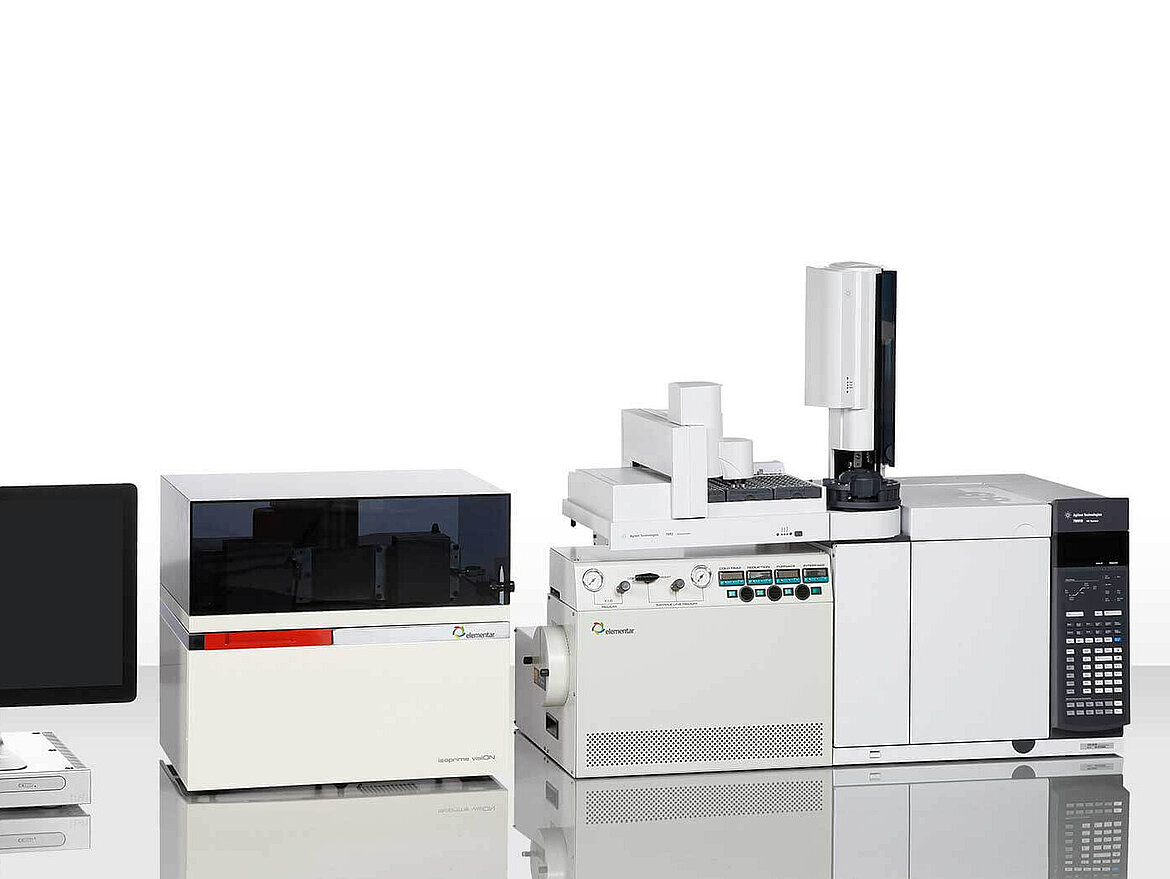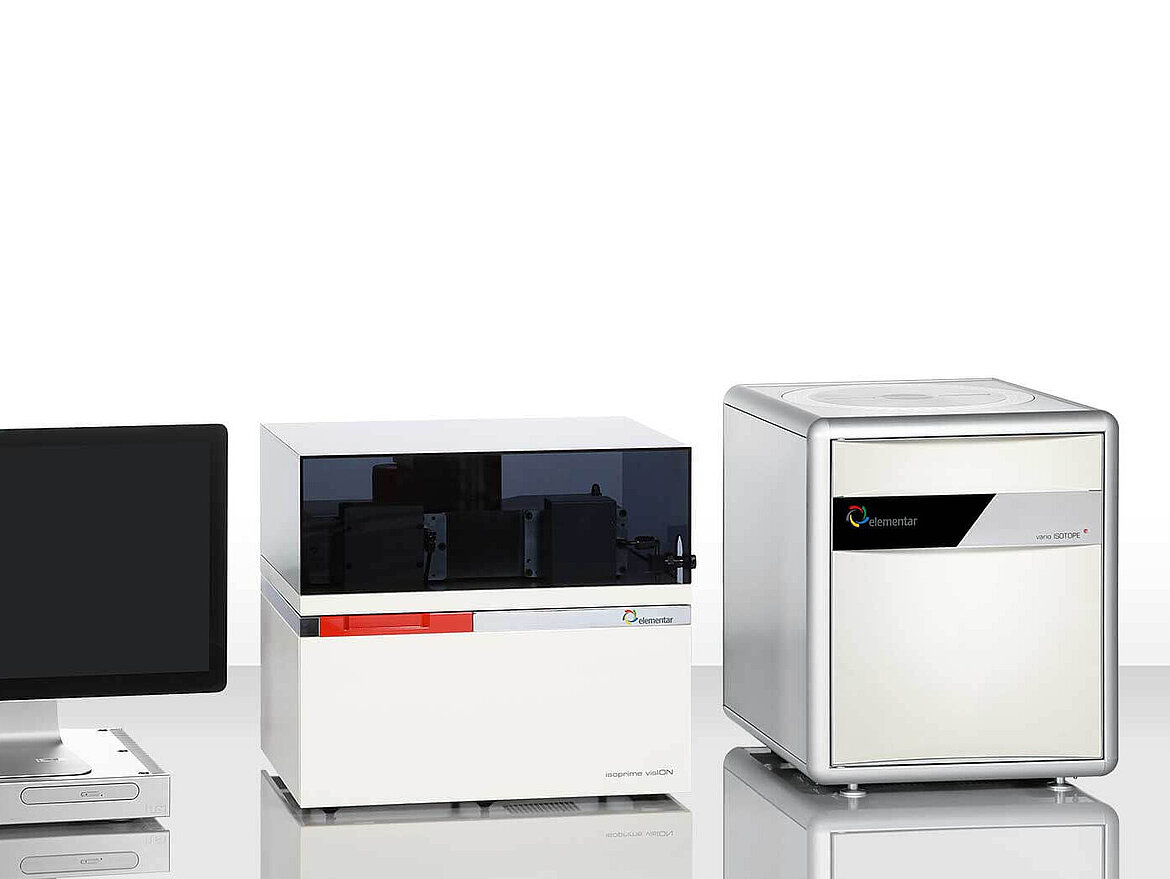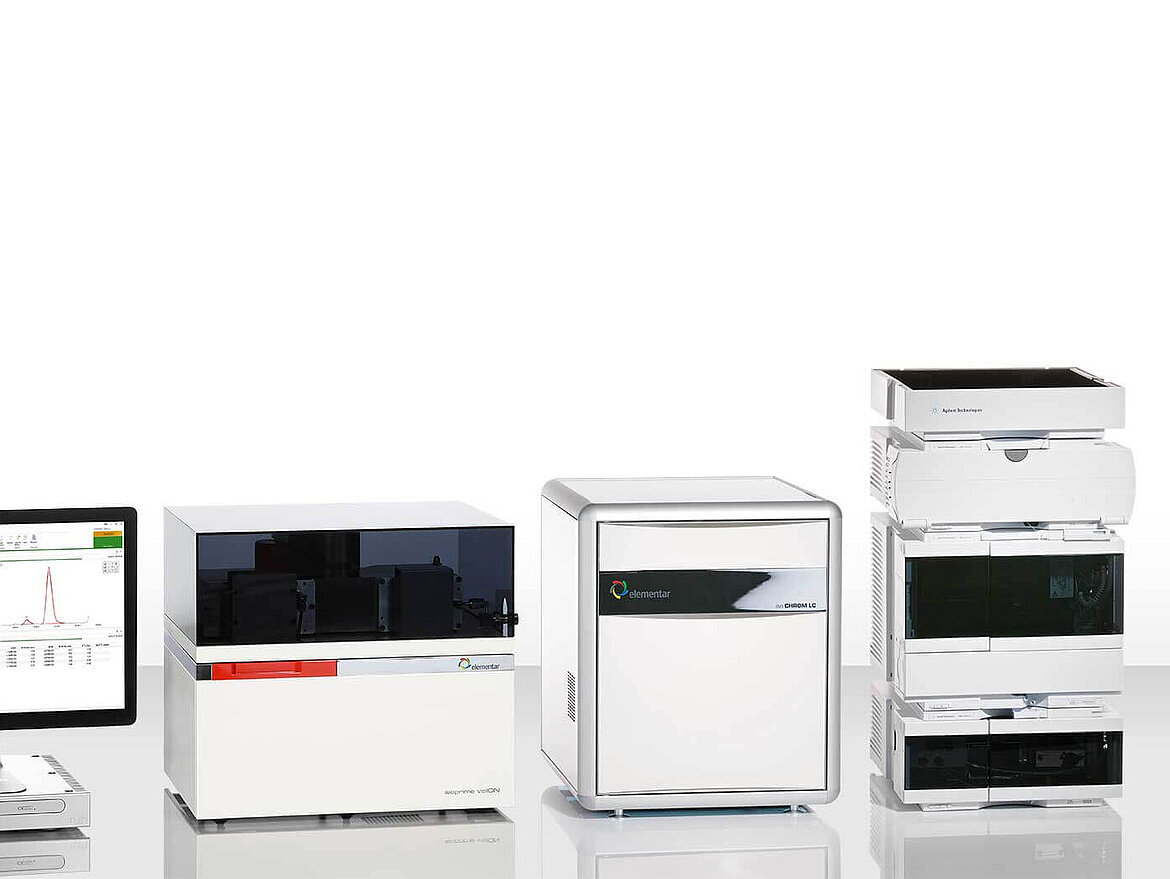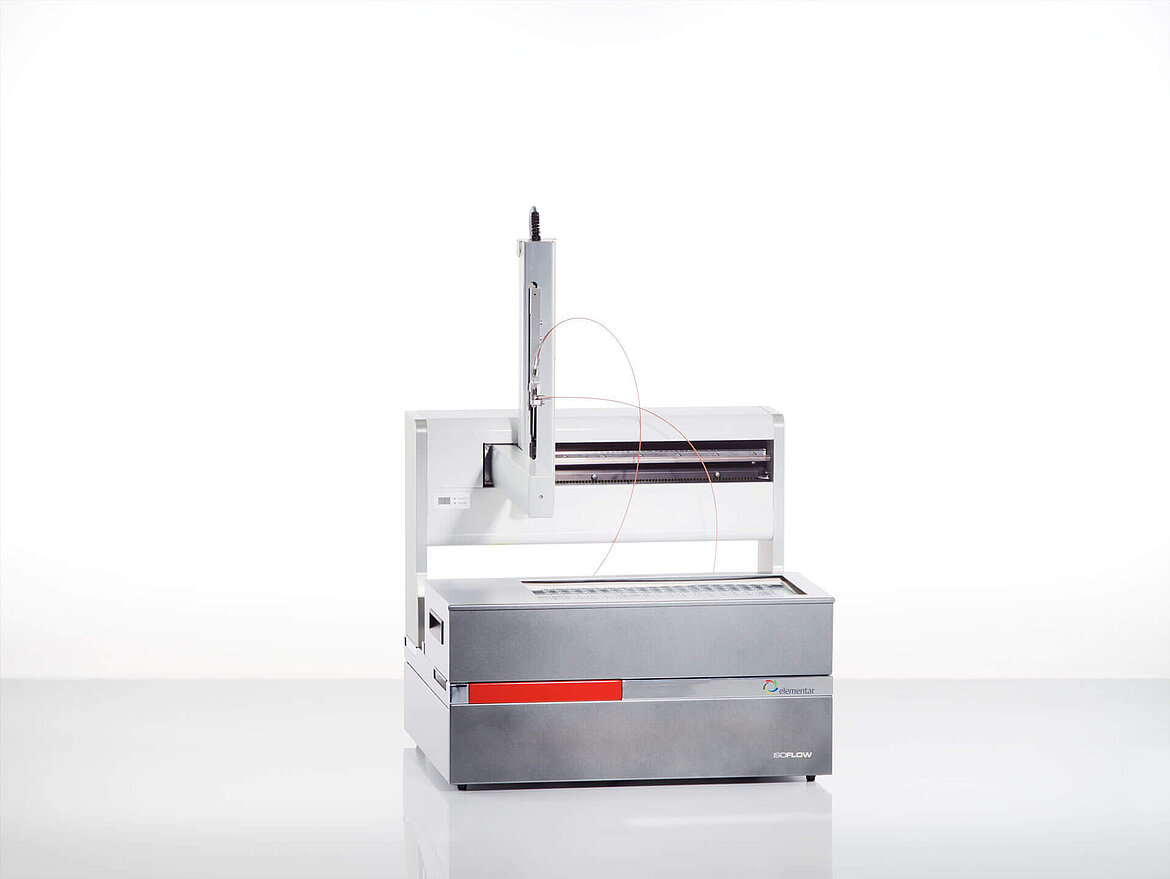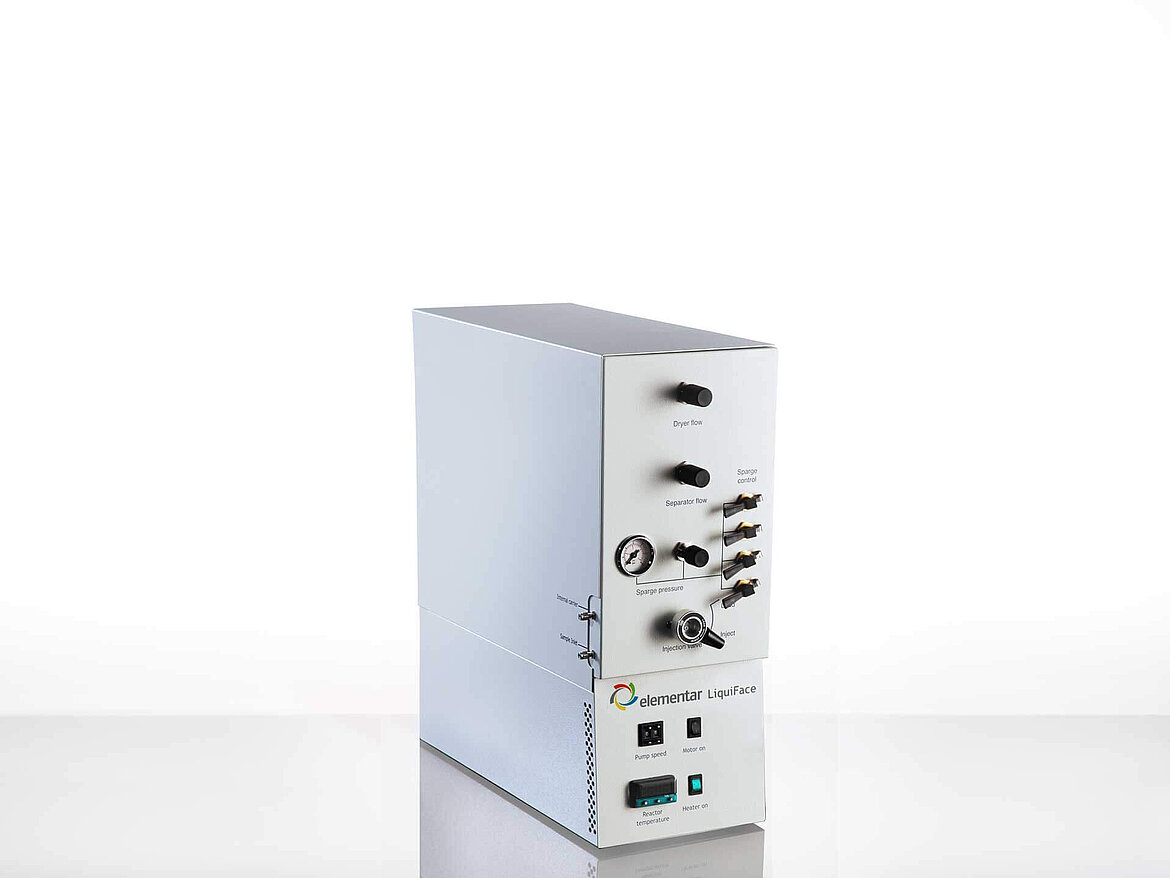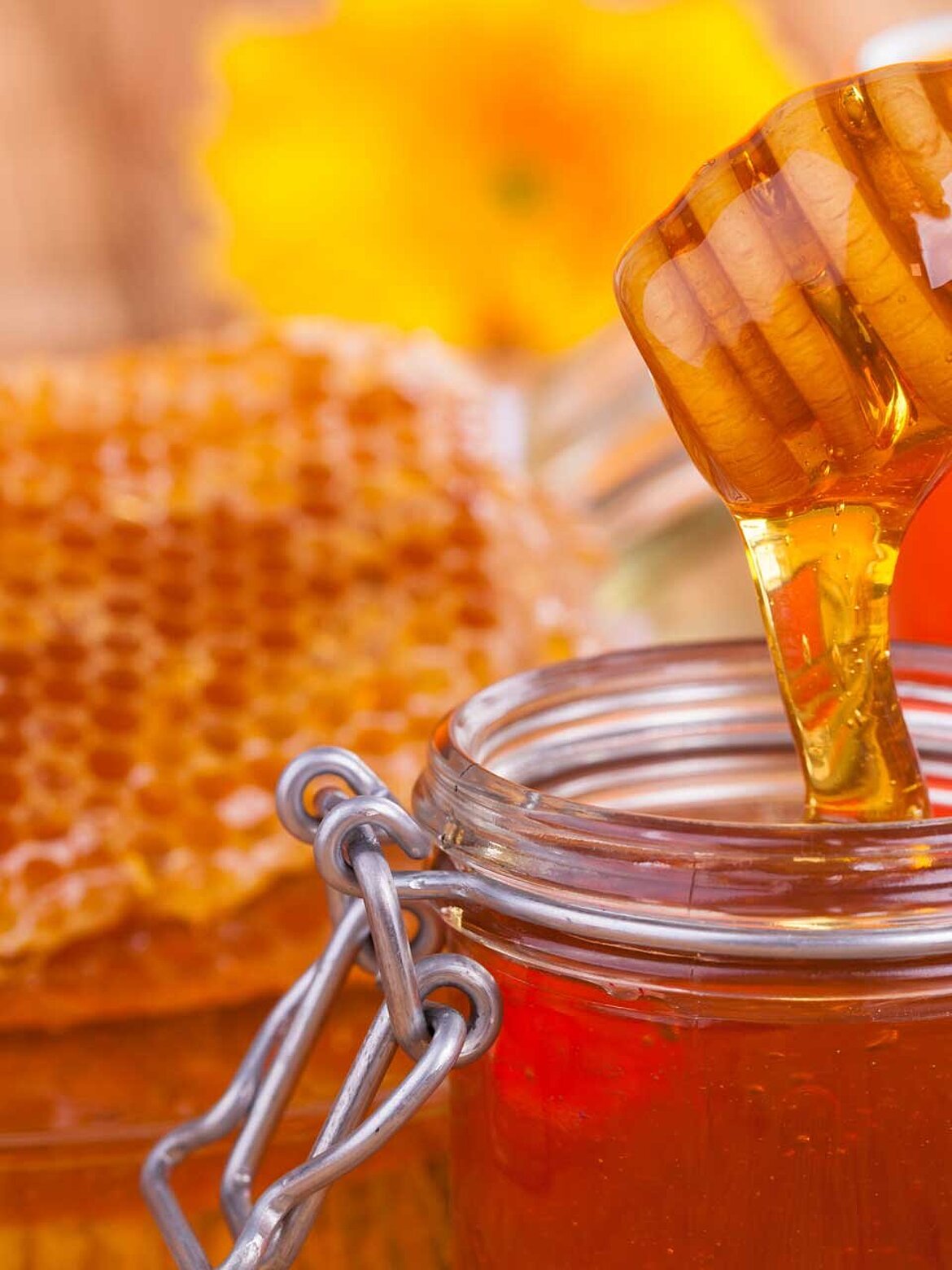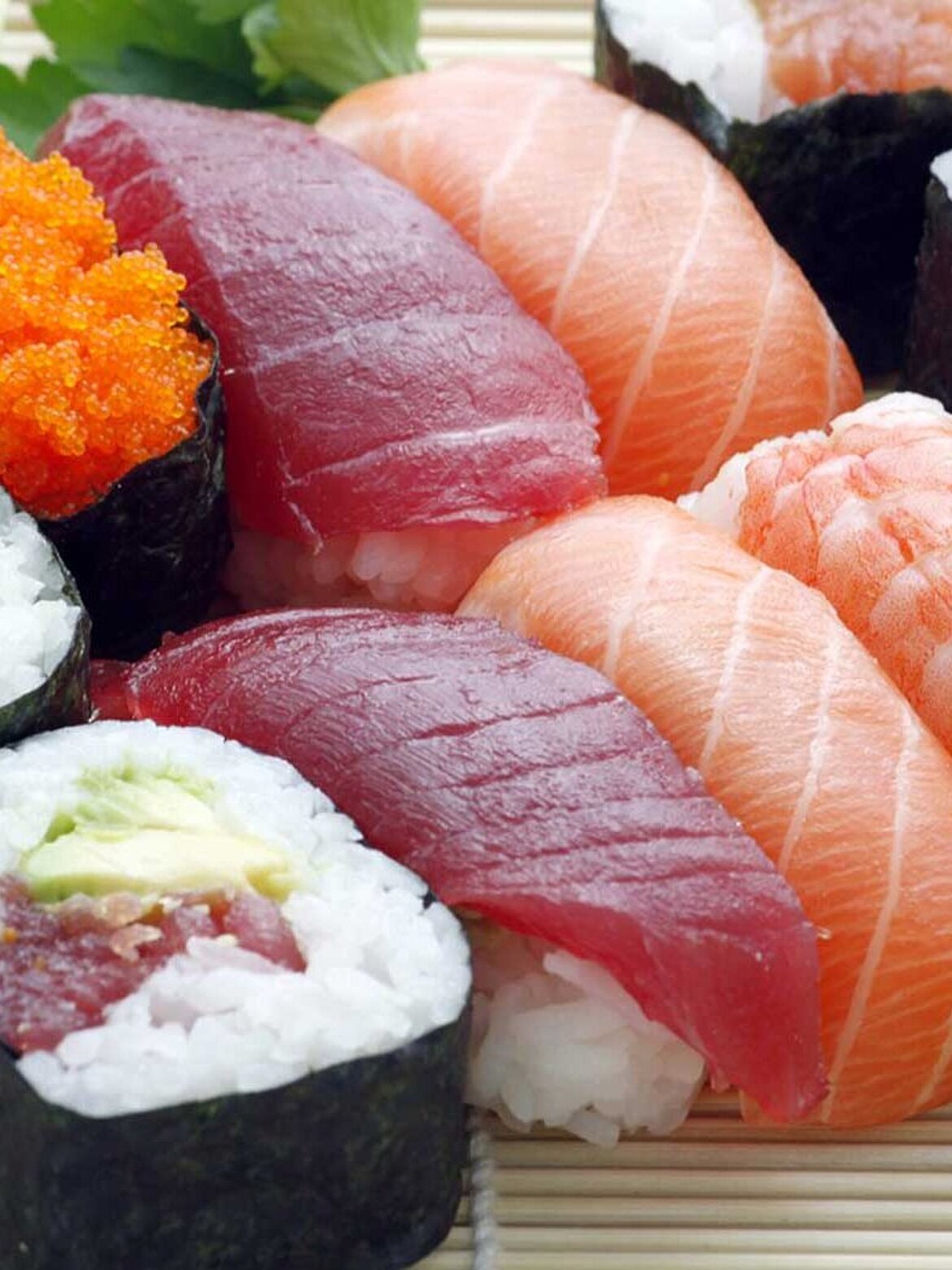Food authenticity
As the supply chains that deliver food stuffs to our doors grow ever more complex, bringing incredible choice to consumers, so it becomes more difficult to ensure that we can trust those foods. Stable isotope analysis is a technique which can verify food authenticity, detecting fraudulent food adulteration or mislabeling of premium and protected foods. Looking at the unique isotope signature can accurately determine the true origin of a food stuff, guaranteeing the safety of the public as well as the future of these specialist and traditional foods that deserve our protection.
With the same stable isotope techniques the flavorings industry improves the protection of its products through multi-elemental isotopic fingerprinting to ensure that their products can be distinguished from their fraudulent counterparts. Stable isotope analysis can also be used to confirm the use of organic farming practices, or the addition of cheaper additives to a premium product, ultimately protecting both the consumer, and the reputation of genuine suppliers.
Fruits, vegetables, meats
Multi-elemental isotope analysis is able to bring a great deal of information about geographical origin and possible adulterations of premium food stuffs. Our BiovisION IRMS system for stable isotope analysis in food rapidly analyzes your samples and performs food authenticity testing in all different kinds of food stuffs, fruit pulp, vegetable matter, meat, seafood, bulk proteins, and olive oils.
Wines & fruit juices
Wines command a great premium depending on their geographic origin, or appellation as more commonly known. Fruit juice with no added water is preferential to juice from concentrate. To verify food authenticity of wines and fruit juices, δ18O and δ2H isotope analysis allows the sample to be directly related to the origin thanks to the natural meteorological variation of the water in the source environment. Our iso FLOW system provides exceptional, high throughput analysis of these samples.
Honey
Honey is one of the top five most globally adulterated food stuffs and stable isotope analysis can help to detect multiple forms of food adulteration in honey. Our BiovisION Honey IRMS system is a dedicated solution for the detection of C3 (beet, rice) and C4 (cane, HFCS) sugar adulteration of honey and complies with method AOAC 998.12 (“C-4 Plant Sugars in Honey”). BiovisION Honey is also ideal for investigating the geographical origin of honey using multi-elemental isotope analysis.
Our instrumentation for food authenticity testing
Confidently identify added sugars in honey and fruit juices using stable isotope ratio analysis with IRMS
Webinar
Language: English | Duration: 50 minutes
Access our on-demand webinar to learn how stable isotope ratio analysis (SIRA) helps identifying added sugars in honey and fruit juices.
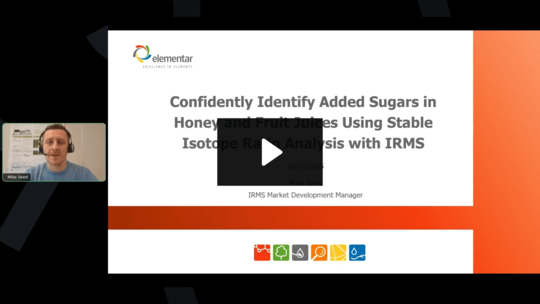
REQUEST VIDEO
Fill in the form to receive your access link by e-mail.
Your contractual consideration for the free provision of the video is the subscription to our personalized newsletter. By clicking on the “request now” button, you therefore declare your acceptance of the receipt of personalized newsletters by e-mail by Elementar UK Ltd. and its group companies as well as the evaluation of your user behavior in this regard and - if available - the merging of this data with your data in our customer database.
In order to receive newsletters from our group companies, it is necessary to transfer your above-mentioned personal data to these companies. The data transfer is contractually required.
You are aware that the subscription to our personalized newsletter represents the contractual consideration that you provide for the free provision of the video. You can unsubscribe from the newsletter at any time with effect for the future. You can object to the future use of your data for advertising purposes at any time. For further information, please refer to our privacy policy.
